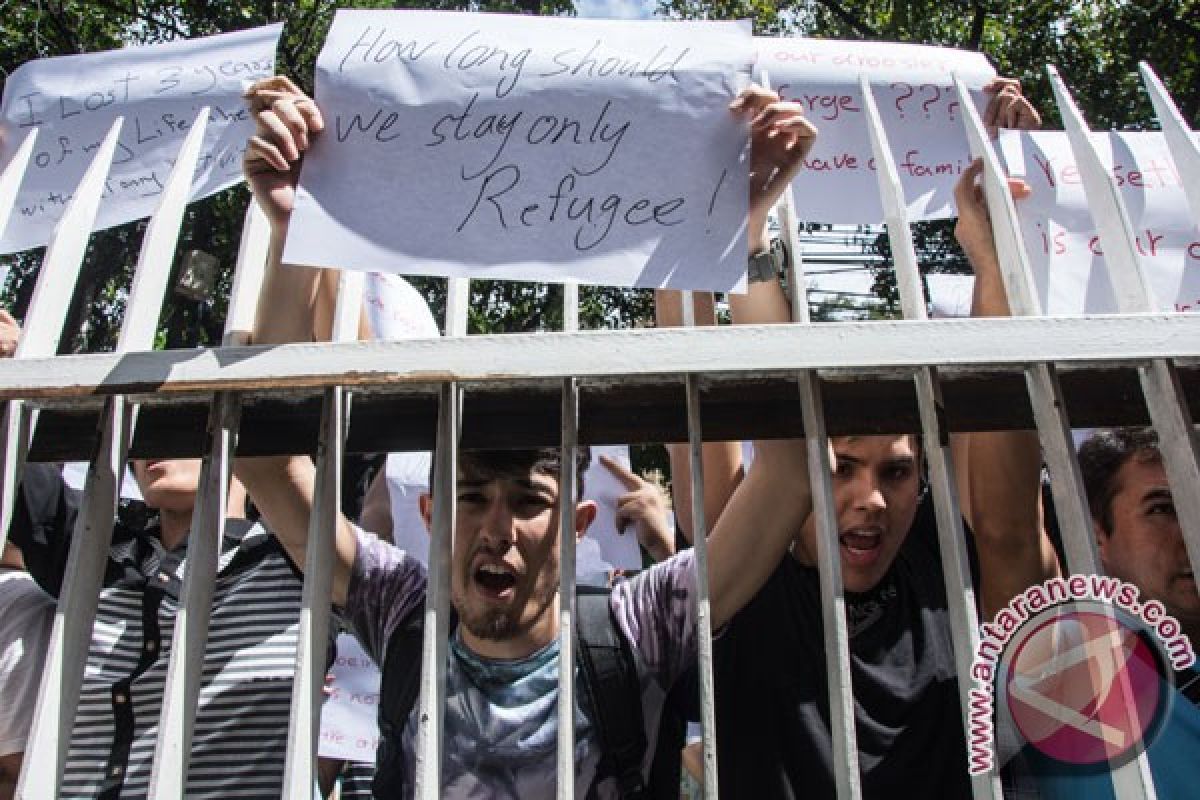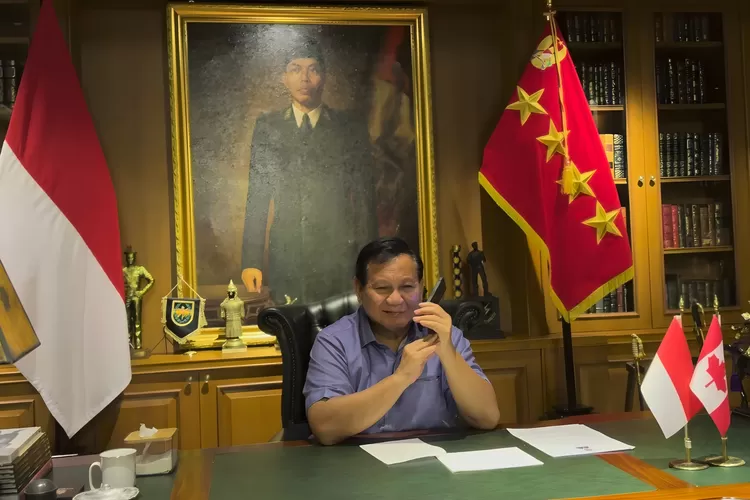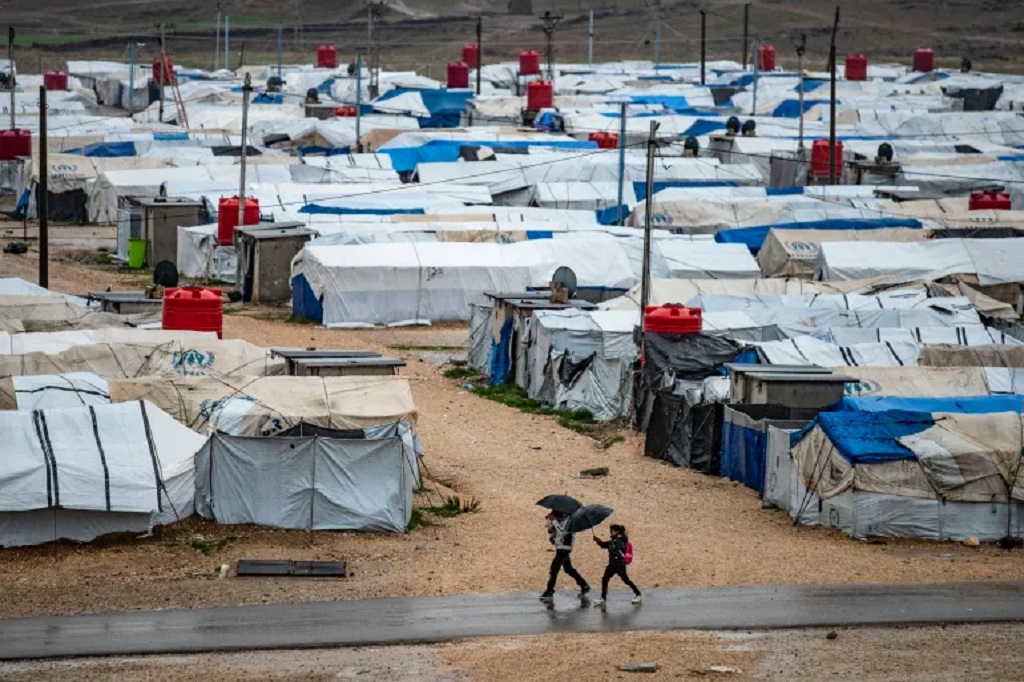Drawing
The current health situation is not good at all.
In terms of health services, access to health structures is still difficult for some people, particularly in peripheral and island areas, the distribution of health workers including doctors is unequal and the health financing system is still experiencing difficulties. many problems.
Infant Mortality Rate (IMR) and Maternal Mortality Rate (MMR) are still high compared to other ASEAN and Asia-Pacific countries. Not to mention health problems and malnutrition, infectious diseases, tuberculosis, mental illnesses and various heart diseases, both in children and adults, strokes and other non-infectious diseases.
Not everyone in this country can benefit from adequate health services. There are still more than 500 puskesmas, out of more than 10,000 puskesmas across the country have no doctors, while every year 12,000 to 13,000 doctors graduate from 92 medical colleges. The poor distribution of doctors and specialists is a “chronic” problem that has not been solved.
Until now, there were quite a few regulations regarding health and professions. The birth of the Omnibus Health Bill initiated by the DPR, which was recently approved by the DPR, seems to justify that the various existing regulations have not been able to overcome the existing health problems, it is necessary therefore an omnibus law by repealing several existing laws.
Read also : The Health Bill agreed to be discussed as a DPR initiative
What do we expect from this law? Will the enactment of this law be able to overcome the shortage of doctors and specialists throughout the country, then there will be an equal distribution of doctors in remote areas and islands. The answer: not necessarily!
Everything depends heavily on decision-makers and implementers on the ground and on cooperation with stakeholders. This will be effectively achieved if the University Health System (AHS) is effectively implemented in multiple universities. Therefore, in fact, this omnibus health care bill is not “urgent”.
What needs to be done?
Listening to the health law, there are several substances that are quite good, but there are still some problems that need to be criticized and corrected.
From the substance of this bill, we note that there is a centralization of regulation by the government by marginalizing the role of professional organizations. Indeed, in the health transformation program often conveyed by the Minister of Health, the role of health care workers and various professional organizations is essential as government partners.
Among other things, address the lack of access to front-line services, the lack of referral service capacity in hospitals (RS), the lack and unequal distribution of health human resources. Government takeover of the functions and authority of the profession will disrupt the independence of the profession itself and ultimately may be detrimental to the interests of society.

Health workers carry posters during a protest against the omnibus health bill outside the DPR RI building, Jakarta, Monday (28/11/2022).
To increase and accelerate the production of doctors and specialists, efforts are being made to add hospitals that can provide training independently by hospitals that meet the training requirements for specialists and sub-specialists.
Article 204 reads as follows: “(1) Vocational training in the health sector within the framework of higher education may be provided by institutions of higher education and in cooperation with the ministries which carry out tasks in the field of higher education, ministries that deal with government affairs in the health sector, colleges and/or other parties in accordance with the provisions of laws and regulations.
From this was born the terminology of a system of specialized hospital education (hospital based), which are often confronted with university education systems (university based). There is no need to debate the dichotomy between the two, as until now almost 100% of specialist and subspecialist medical training has been carried out in hospitals subject to various regulations. The only difference is the administrative system and the medical status of the students.
In the system hospital based implemented for a long time in many developed countries, affiliation with universities and collaboration with colleges are still necessary to ensure the quality of graduates. However, students do not need to be registered as students at a university, so they are exempt from paying tuition fees (SPP).
It should also be remembered that foreign investment in the health sector and the entry of health workers can affect state sovereignty.
Foreign health workers
Arrangements for doctors of foreign nationality (WNA) who will practice in Indonesia should be given special attention as they relate to patient safety. Foreign doctors must participate in an assessment of adaptation and feasibility of practice (article 234).
However, section 235 reads as follows: “(1) Excluded from the provisions referred to in section 234, for medical workers and health care workers who are foreign nationals who are foreign educated: (a) have practiced as a specialist or sub-specialist for at least 5 (five) years abroad; or b) is an expert in a particular area of excellence in health services, as evidenced by certification of competence and has practiced for at least 5 (five) years abroad, which will be used in Indonesia, skills assessment is done by portfolio assessment”.
This exception should not exist because the length of practice of a doctor, including foreign doctors, whether five years or 10 years, cannot guarantee that he is fit to practice and expert in his field. .
The careful competency assessment of Indonesian doctors who graduated overseas or foreign doctors, which has taken place so far, is important to continue and improve to ensure their eligibility to practice in Indonesia.
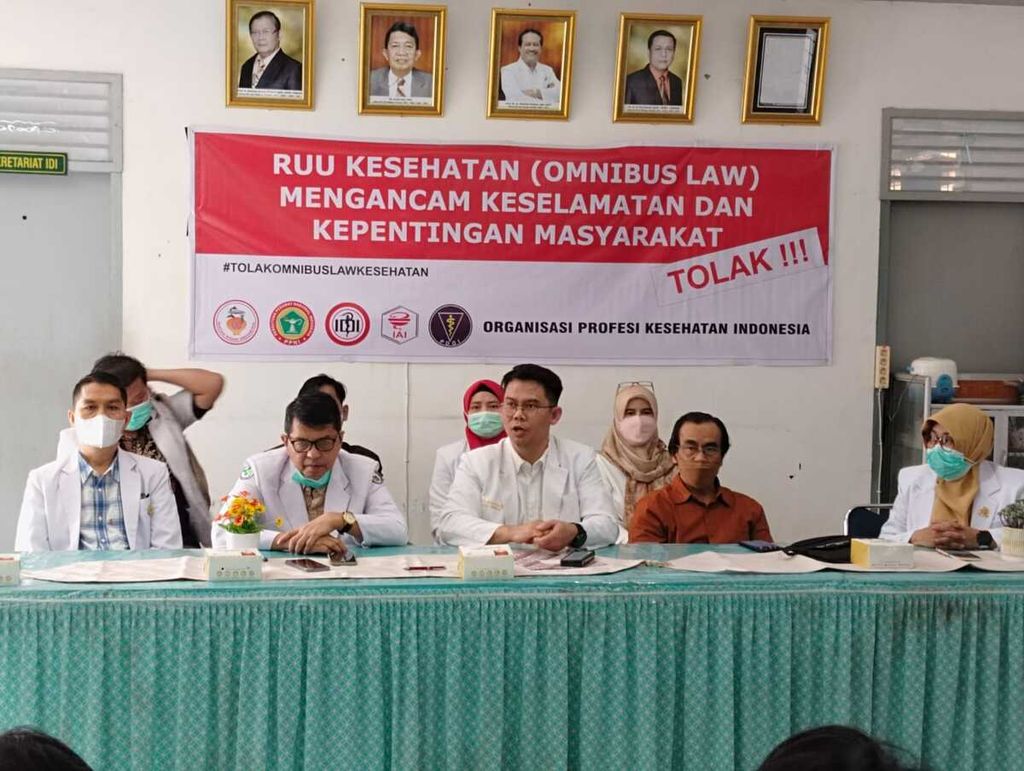
IDI West Sumatra and a number of IDI branches issued a statement rejecting the Omnibus Health Bill in the city of Padang, W Sumatra on Monday (28/11/2022).
Article 236, paragraph 1a further reads: “Foreign medical workers and healthcare workers may practice in health service establishments in Indonesia for investment or non-investment, provided that: there is have a demand from medical personnel and healthcare workers who are foreign nationals.”
“User” can be interpreted as the fact that anyone, both institutions and individuals, can bring in foreign doctors. Is this really the case? Is this not a form of liberalization of health services? It should also be remembered that foreign investment in the health sector and the entry of health workers can affect state sovereignty.
There are still many substances in the Omnibus Health Act that need to be reviewed and improved.
Sukman Tulus Putra Pediatrician, President of Indonesian Pediatric Cardiology Association, PB IDI Advisory Board Member, KKI Member 2014-2020,
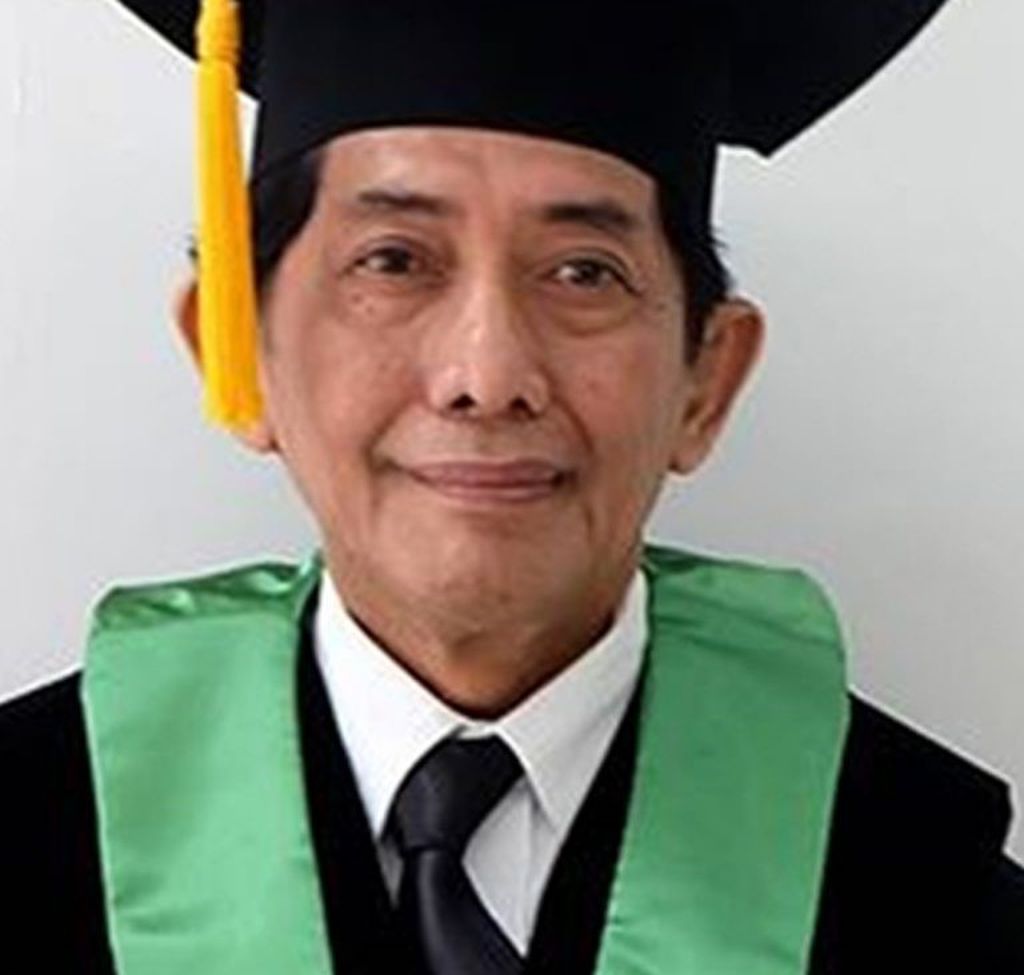
Sukman Tulus Putra
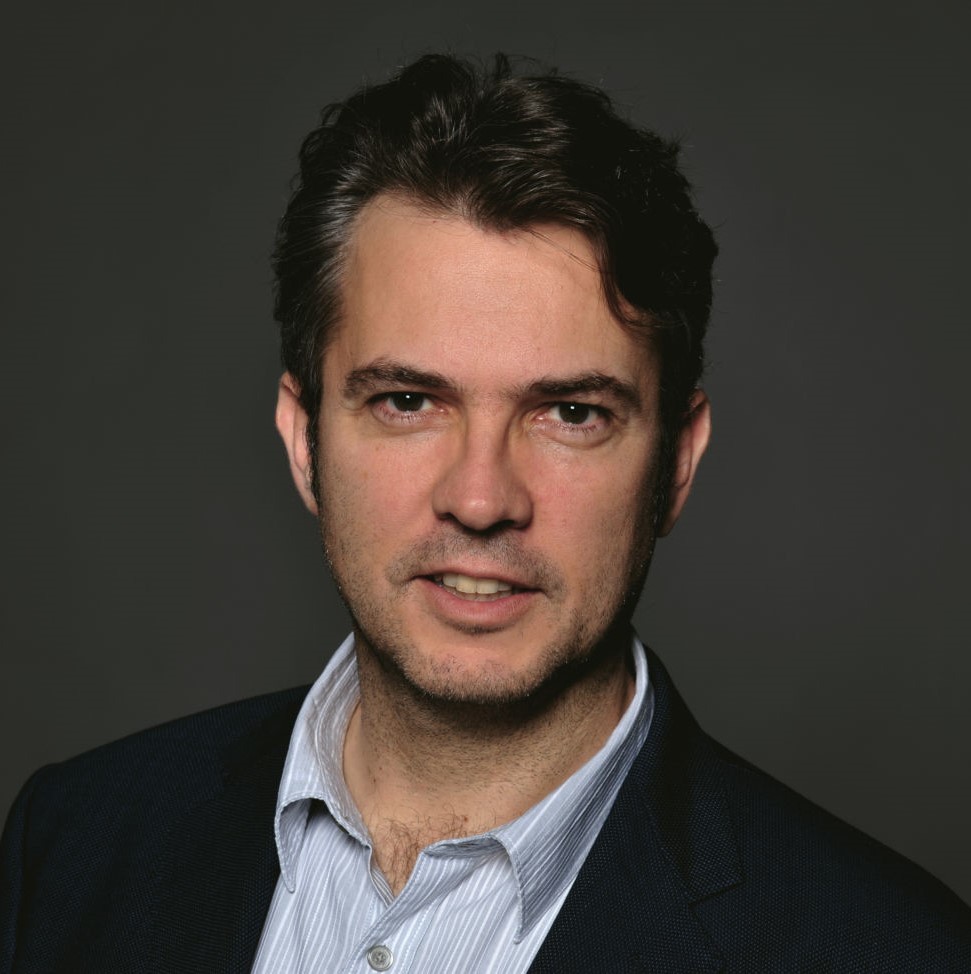
“Professional communicator. General music practitioner. Passionate organizer. Evil twitter fan.”

